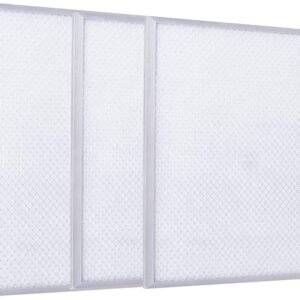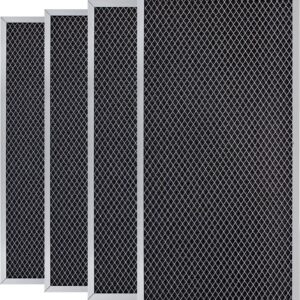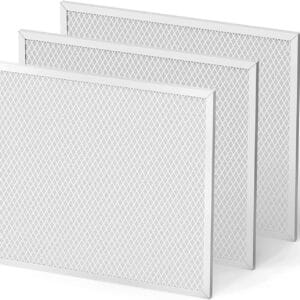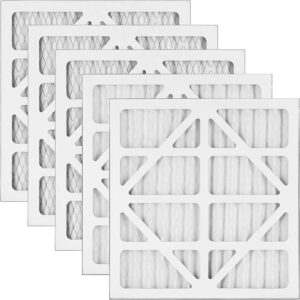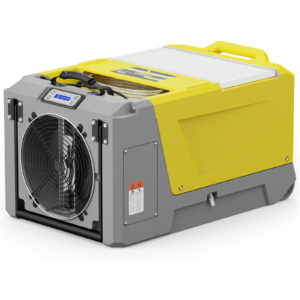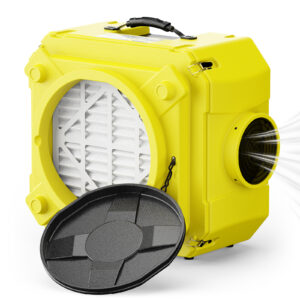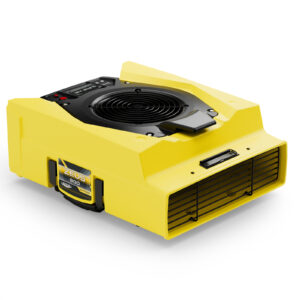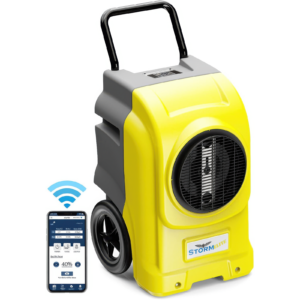In Australia, desiccant vs compressor dehumidifiers are the two popular kinds of dehumidifiers in houses. Just like the differences between Android and iOS system programs, these appliances have the same basic purpose: pulling out humidity from the air. However, they work with distinct processes and achieve better results in different climates.
This post compares the two systems clearly and directly, and explains how each one functions and which fits your space and power requirements. In the end, you’ll learn exactly in the debate of desiccant dehumidifier vs compressor, which one is right for you, based on Australian conditions.
What Is a Compressor Dehumidifier and How Does It Work?
A compressor dehumidifier utilizes a refrigeration system to remove moisture from the air. It functions the way an air conditioner does. Typically, it draws in damp air, chills it over coils, and gathers the water that condenses.
Then the dried-out air is returned to the room. In contrast to desiccant vs compressor dehumidifier efficiency, compressor models usually do better in temperatures above 20°C. Moreover, they are likely to have reduced desiccant vs compressor dehumidifier running costs in these states. Compressor units are famous in bigger houses, basements, and crawl spaces.
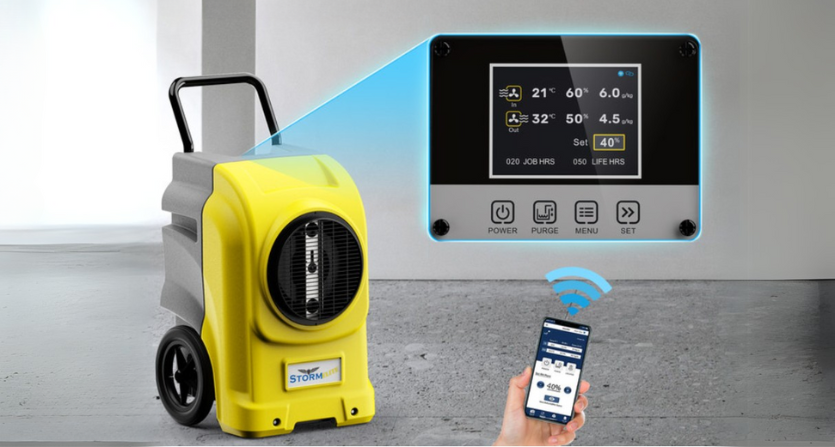
Their powerful performance in excessive humidity makes them perfect for vast regions. For those analyzing desiccant vs compressor dehumidifier for a hot environment, the compressor version is typically the top choice.
What Is a Desiccant Dehumidifier and How Does It Work
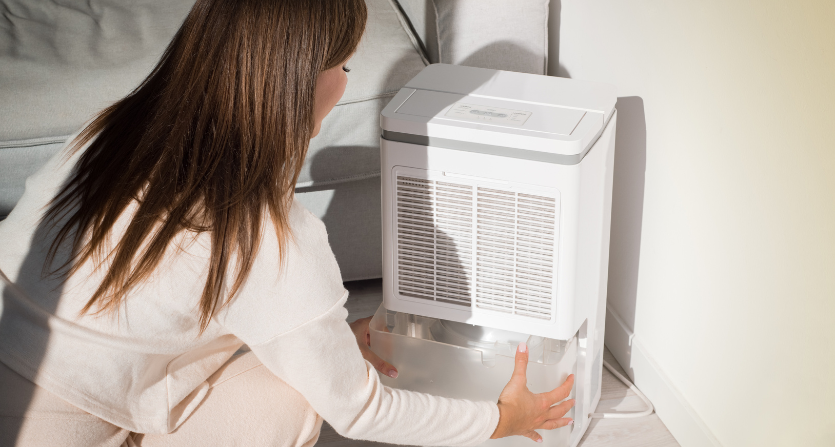
A desiccant dehumidifier operates at a humidity-absorbing material to clear away water from the air. This substance, mostly silica gel, captures dampness as air goes through. At that moment, the unit warms the substance to discharge the water into a tank or out using a drain.
That said, this type works well in cold temperatures. It stays efficient even when the air is lower 15°C, the point where compressor dehumidifiers drop effectiveness. Besides, a desiccant air dehumidifier is typically lightweight and peaceful relative to compressor types.
So, they’re simpler to shift from room to room and operate better in small, confined areas. Laundries, bathrooms, and storage areas in chill regions profit most.
Desiccant vs. Compressor Dehumidifiers: Which One Is Right for You?
The two kinds have obvious advantages. The right choice is based on the size of your room, climate, and electricity demands. Below is an easy comparison to aid you in deciding.
Feature | Compressor Dehumidifier | Desiccant Dehumidifier |
Best Climate | Hot and Damp | Cool and damp |
Energy Use | Lower in warm temps | Higher but stable in cold |
Room Size | Large spaces | Small to medium rooms |
Noise level | Louder | Quieter |
Weight | Heavier | Lighter and portable |
Running Costs | Lower in hot climates | Higher in general |
When your house is in a hot region of Australia, like QLD or NSW, a compressor dehumidifier is more effective. In colder climates or in case you require anything quiet and portable, desiccant models are for you.
An awareness of the desiccant dehumidifier vs compressor contrast assists in avoiding purchasing the wrong dehumidifier. Noise, power consumption, and indoor humidity extraction pace all change depending on the type.
The straight answer regarding desiccant dehumidifier vs compressor dehumidifier decisions goes down to the room temperature and function. Thus, select depending on your requirements, not just the features.
Which Type Is Better for Different Aussie Regions?
The climate of Australia changes from north to south. To decide on a desiccant dehumidifier vs compressor ensure the air dehumidifier suits your local situations.
- Northern Australia, Queensland, NT, and Coastal NSW: These areas are hot and damp all year round. Compressor dehumidifiers function well in such conditions. It acts competently in higher temperatures and keeps operating costs reduced.
- Southern States like VIC, TAS, and colder inland areas: These regions have cold winters and cool conditions. A desiccant dehumidifier is more successful in these areas. It operates better in chill air and takes out dampness even below 10°C.
- Western Australia: The climate in Western Australia depends on location. Coastal regions can be damp, however, inland zones are warm and hot. That said, run a compressor dehumidifier in hotter parts. In colder highlands or during winter, a desiccant unit might work well.
In short, the selection between desiccant vs compressor dehumidifier efficiency rests on where you stay. Hotter climates fit compressors. Colder climates require desiccants.
Room-by-Room Guide: Which Dehumidifier Works Best Where?
Each room has separate humidity levels. The correct air dehumidifier relies on the area, temperature, and the way it’s used.
- Crawl spaces and basements: These regions are mostly big and damp. They take advantage of a powerful compressor dehumidifier. These dehumidifiers manage high humidity levels and maintain desiccant vs compressor dehumidifier running costs reduced.
- Bathrooms and laundries in winter: These rooms become humid instantly, particularly in winter. A desiccant dehumidifier clears away dampness effectively in low temperatures and operates quietly in confined areas.
- Living areas in warm zones: In spaces such as coastal NSW or Queensland, common rooms remain hot and damp. Here compressor dehumidifier is the best choice. It utilizes little power and works well in these conditions.
- Garages and sheds: These areas differ depending on outside exposure and insulation. In case it remains hot, a compressor is more useful. When it gets cold, specifically in winter, run a desiccant.
Considering wide areas, Alorairau provides high-efficiency compressor units made for Australian houses. These models are trustworthy in excessive dampness and large areas.
When to Choose a Compressor Over Desiccant (and Vice Versa)
Below is when to select each alternative in the desiccant vs compressor dehumidifier comparison:
Choose a Compressor Dehumidifier If:
- You stay in a damp, hot region such as coastal NSW or Queensland
- You’re required to dry out open or big areas
- You prefer reduced long-lasting power consumption
- You are managing excessive humidity over an extended period
- You think of running the unit in summer, spring, or hotter months.
Choose a Desiccant Dehumidifier If:
- You’re living life in a cold or seasonal climate like Tasmania or Victoria
- You like a noiseless and portable model for routine usage.
- You need to dry little rooms such as laundries, bathrooms, or storage areas.
- You operate the dehumidifier chiefly in winter.
- You need anything that functions efficiently in cold air.
Briefly, desiccant vs compressor dehumidifier running costs change based on your climate. Operate a compressor in hot weather to save on electricity. Select a desiccant in cold settings for better performance.
Conclusion
Selecting the correct air dehumidifier is based on your space and local climate. Regarding desiccant vs compressor dehumidifier begin by considering your climate, room size and how often you’ll run it.



